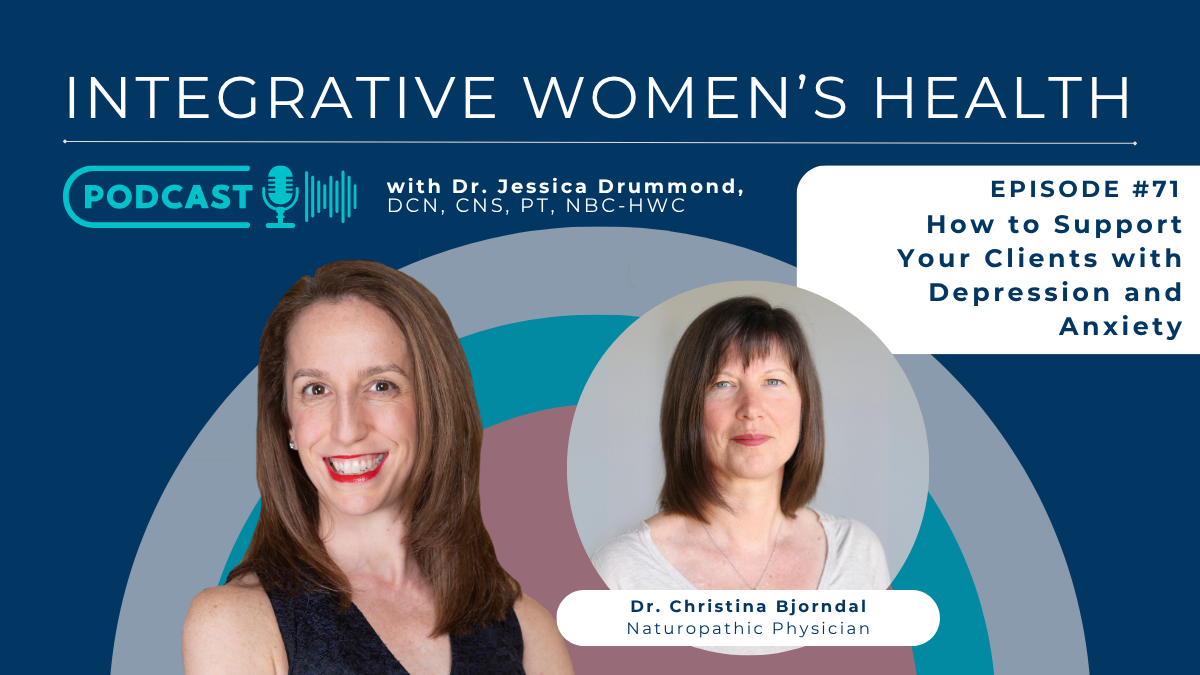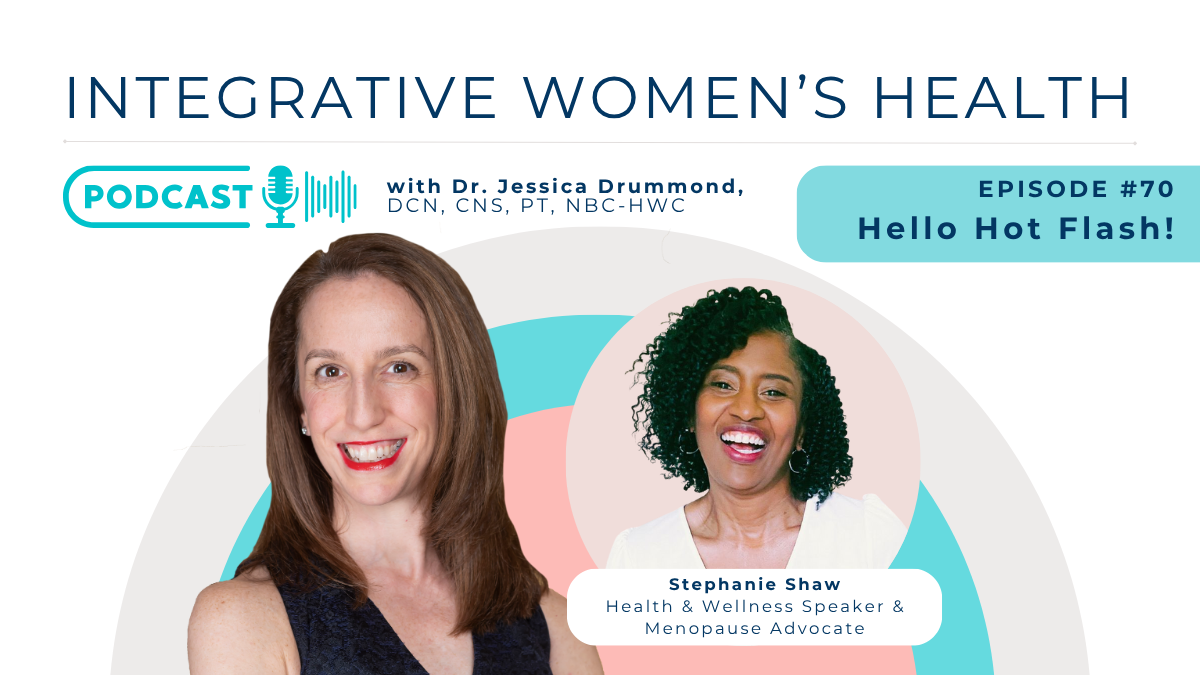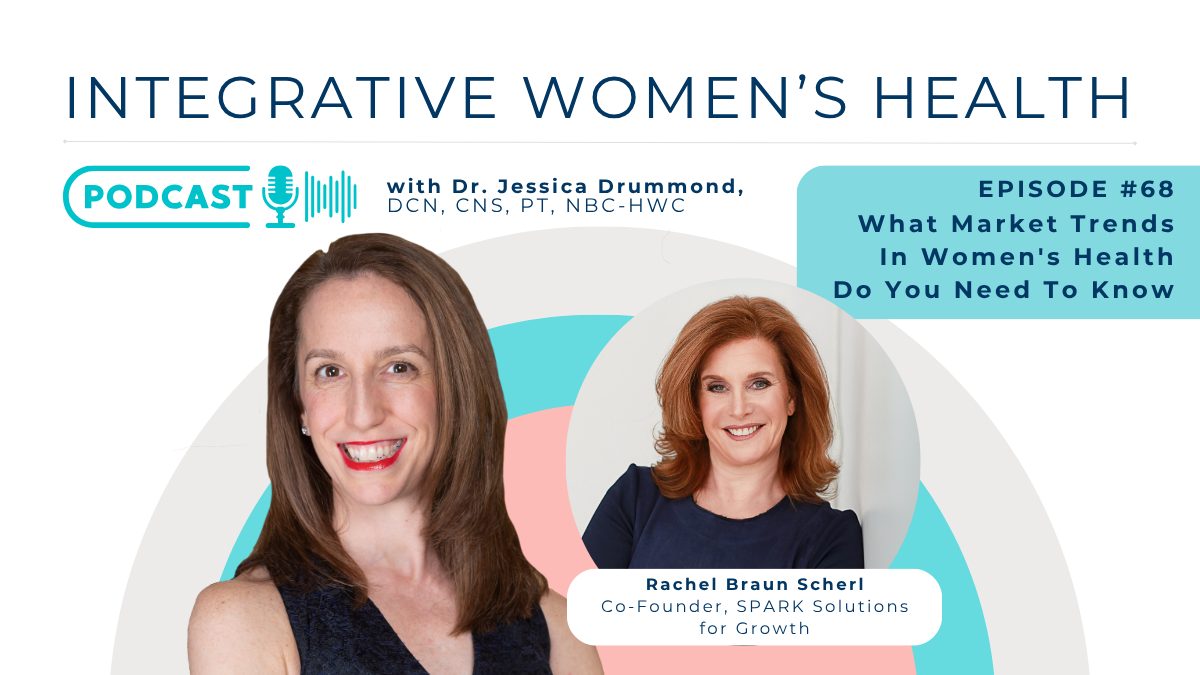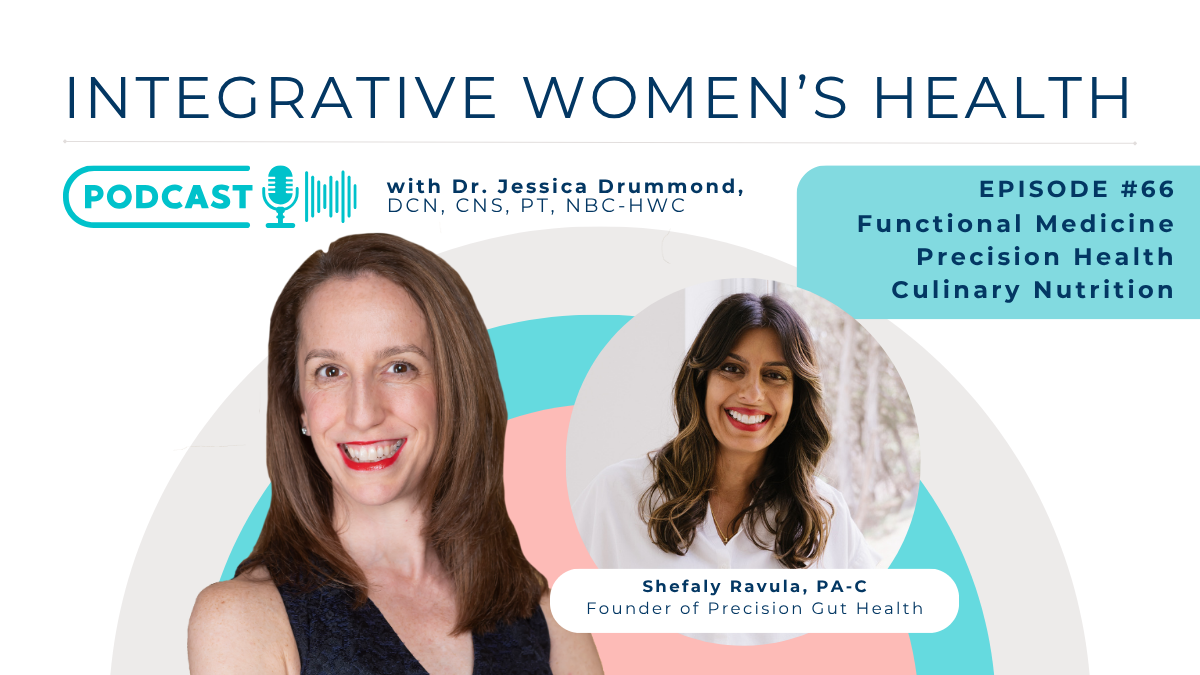Over the past 2 weeks, we have been discussing the reasons and the science behind your carb and sugar cravings. We have discussed the connection between starving your body and brain of vital nutrients and carb cravings, and we have discussed the difference between the wheat that our great grandparents ate, and modern wheat.
Today is my final post in the series. The third factor that’s behind your carb and sugar cravings is unstable blood sugar, which leads to a cascade of hormonal problems.
Most of you are unknowingly riding a blood sugar roller coaster pretty much every day. The blood sugar roller coaster is a seriously scary ride!
I was working at my daughter’s school Spring Fair last weekend, and one of the other moms stopped in to check out the game that I was supervising. The object of game was to put together a puzzle made from a cut up cereal box within a minute. We then began chatting about how unhealthy children’s cereals are, and the research that she’s involved in at Yale regarding marketing sugary processed food to children.
She told me that the most recent data tells us that nearly 1 in 4 American teens have diabetes or pre diabetes. I dug into the data. More shocking than the numbers themselves is the quick rise in those numbers. In 1999-2000, 9% of American teens had prediabetes or diabetes, and just 8 years later in 2007-2008 (the most recent data available), 23% of American teens are on the diabetic continuum.
Unfortunately, Type 2 Diabetes in children and teens is highly resistant to treatment.
My goal is to get each of you and your children off of the blood sugar roller coaster. You will feel much better, and dramatically decrease your risk of heart attack, stroke, amputations, and blindness.
Let me explain what the blood sugar roller coaster feels like.
- You wake up feeling tired. You can’t get going without your coffee.
- You have either nothing but coffee for breakfast, or cereal, a bagel, or some other carbohydrate breakfast with, or after your coffee.
- You feel pretty good until about 10am. Then, you feel tired and start to crave a snack.
- You grab an “energy bar,” or another quick snack from the office vending machine.
- Again, you feel OK for a few hours.
- At lunch you’re starving! You can’t wait for a sandwich.
- You grab a sandwich, piece of pizza, or a fast food meal for lunch.
- At 3pm the energy crash and cravings return. Where is the office candy stash??!!!
- Finally you drag yourself home at 5pm (or some days more like 8pm), then having no energy to throw together a healthy meal, you stop at another drive through, grab a processed meal from the freezer, or order a pizza.
- By 9 or 10pm, you’re so wired from your stressful day that you can’t relax to go to sleep. So, you watch a stressful cop or ER show on TV, or some brain candy like The Real Housewives of Anywhere, have a glass of wine and nod off on the couch.
- Some nights you sleep OK, but other nights you wake up at 3 or 4 am with racing thoughts, or night sweats.
- Then, it’s another day, and the roller coaster starts again!
Does this sound familiar?
Essentially everyone I talk to in my speaking engagements and all of my clients feel like this. I did too. You are not alone. But, if this sounds like you, you are setting you and your kids up for major health issues not too far down the road.
The blood sugar roller coaster puts tremendous strain on your and your child’s adrenal glands. Your adrenals are key to buffering stress. They also form the foundation of your entire hormone system.
For your daughter to make just the right amount of estrogen as she transitions into puberty to avoid painful PMS, for you to make just the right amount of estrogen to have a strong libido, you both need healthy adrenal glands. The blood sugar roller coaster is extremely harmful to your adrenals, and thus the entire intricate hormonal dance.
What is the solution?
- Examine your beliefs about what you need to do each day? Are you spreading yourself too thin? Are you doing too many jobs?
- Pick 3 things to take off of your plate. Delegate them (and I mean really delegate them, don’t micromanage them), let them go completely, or consider picking them back up in 2 years.
- Get real support to overhaul your family’s nutrition.






